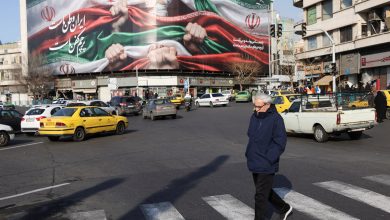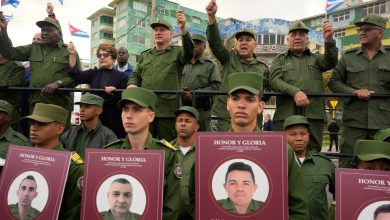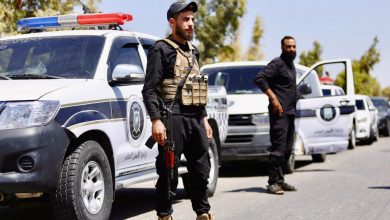Sudan’s Minister of Health, Dr. Haitham Mohamed Ibrahim, has urgently called for a cessation of hostilities and the establishment of humanitarian and health corridors throughout the country, particularly in the regions of El Fasher in Darfur and Kordofan.
Speaking to DZWatch, the Minister highlighted the escalating displacement crisis, stating that the number of internally displaced persons (IDPs) has surpassed 10 million since the conflict began. He noted that while a significant portion (70-80%) of these IDPs have been accommodated in the eastern, northern, and central states, recent escalations in El Fasher have triggered a fresh wave of displacement from North Darfur and West Kordofan.
Dr. Ibrahim expressed particular concern for the situation in North Kordofan, where over 40,000 families, predominantly women and children, are residing in the region’s largest camps. These families have been displaced from West Kordofan, El Fasher, and the city of Bara. He emphasized that the IDP population in Kordofan has more than doubled, with a particularly acute situation in El Obeid, North Kordofan, where over 130,000 families are seeking refuge.
The Minister acknowledged the support provided by over 15 organizations and UN agencies, assisting the Ministry of Health and the Humanitarian Aid Commission in delivering essential health and water services. However, he stressed that the needs are outpacing the available resources, particularly in the area of environmental sanitation within the IDP camps.
Addressing the dire conditions faced by the displaced population, Dr. Ibrahim reiterated the urgent need for safe and unhindered humanitarian access. He stated that the Ministry of Health has consistently appealed for such access since the beginning of the conflict, with repeated calls for the opening of corridors in El Fasher. He lamented that these appeals have largely gone unanswered.
The Minister also stated that over 400 people were killed in a hospital after the RSF stormed El Fasher, the capital of North Darfur, in addition to killing and displacing people.
Dr. Ibrahim emphasized that the stabilization of health services in areas under the control of the Sudanese Armed Forces is ongoing, but the overall humanitarian situation remains extremely precarious, demanding immediate and concerted action from all stakeholders.




